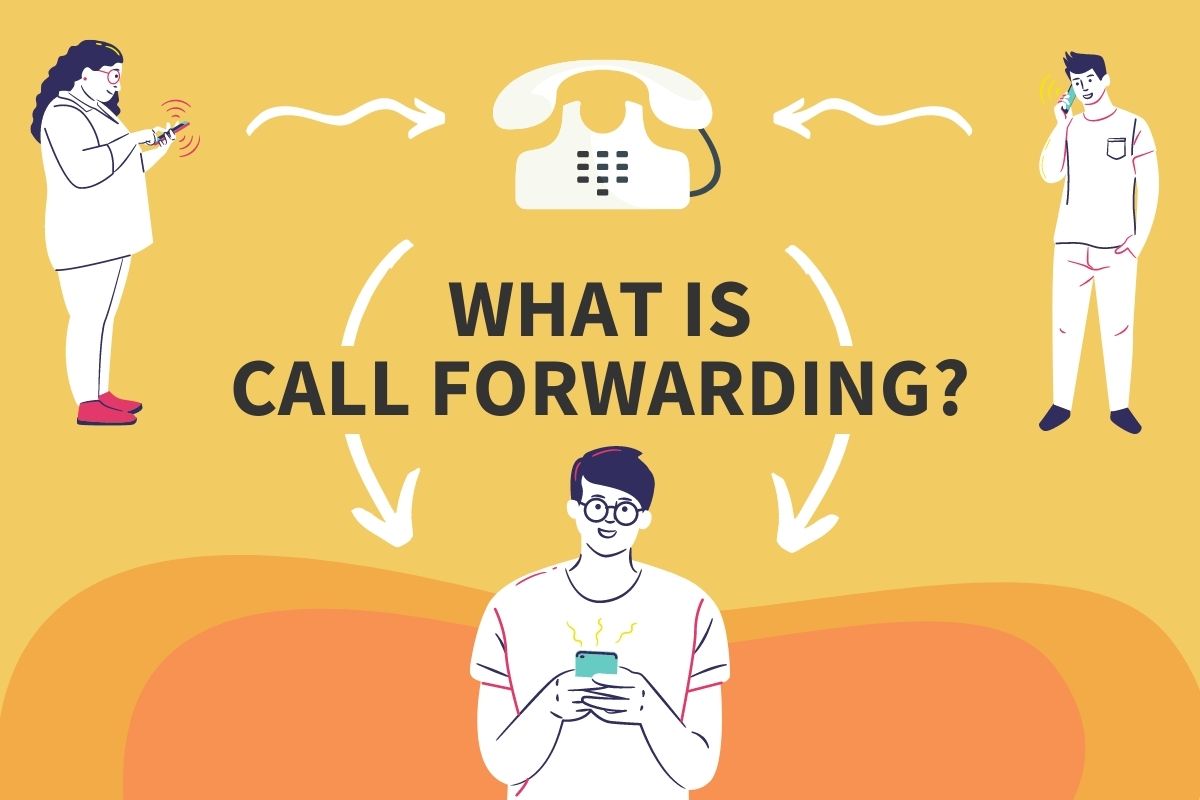At the end of every NumberBarn customer interaction, we send our customers a survey asking them to tell us whether or not they were satisfied with the service. This may come as a surprise to you that we read every comment, good or bad, and we respond to every dissatisfied customer.
Why do we do this when so many companies seemingly don’t? There are a few reasons.
- A customer took the time to share feedback. The least we can do is to read and listen to their feedback.
- We truly want to understand and learn from customer feedback. This action is critical to continuously improving our product and service.
- In cases where a customer is dissatisfied, we want to see what we can do to resolve their issue, make it right, and hopefully restore their confidence.
I highly recommend other companies follow suit as I truly believe this can make the world a better place.
A recent bit of positive feedback
My real reason for sharing the importance of paying attention to customer feedback is to highlight a recent positive comment we received from a customer. Here it is with some light edits:
The reps who assisted me (Monica and Holly) were excellent. They gave me far better customer service, even porting out my number than [my new phone company] did. [My new phone company]’s customer service is an absolute mess. On the other hand, NumberBarn’s customer service is absolutely terrific. Thank you.
Note that Monica and Holly from our support team (both absolutely terrific people) helped this customer port their number away from NumberBarn. Yes, this customer was essentially canceling their service and they were pleasantly surprised that we were the ones providing great customer service, not their new phone company. Seems a little backward, right?
Caring for customers, even when they cancel
I know what you’re thinking. Why would a customer willingly leave a company that has “absolutely terrific” customer service and take their business to a company whose customer service is an “absolute mess?”
Let me tell you why I love this feedback and how it perfectly affirms the type of customer experience (CX) we’re aiming to create at NumberBarn. And my goal here isn’t so much to toot NumberBarn’s horn but to highlight a CX best practice that others would be wise to follow.
Here are three key points that I hope you take from this article.
1. Caring for customers when they cancel is the right thing to do.
I’m sure many have heard the horror stories when companies make it nearly impossible to cancel service. And I’m sure many of us are familiar with early cancellation penalties and fees, impossible to find cancellation links in a control panel or web pages that require us to call and speak with a representative. They don’t tell you that said representative is Bob, the customer retention guru, who’s going to put you through every retention offer in his arsenal before letting you go.
I’m sorry, but no customer wants to be treated this way. Even the executive that mandated that customer retention program to boost revenue doesn’t want to be treated that way.
In sharp contrast, when a customer purchases a number at NumberBarn, we recognize that they may very well want to use that number with another carrier as opposed to paying us for service. That’s why we post a link prominently in their control panel where they can find their information to port their number to another carrier. Furthermore, we cancel their account the moment the number ports away. It’s just the right thing to do.
2. Caring for customers when they cancel is a loyalty-building activity.
What’s this you say about loyalty when a customer is canceling their service with you? Sure, customers may cancel their service because they are angry or disloyal, but I would argue that this is the minority of cases. At least that’s our experience at NumberBarn.
Consider the customer who had to close the doors of their business and simply no longer needs the service. We’d sure love to be there for them when they start their next business.
What about the customer who parked their telephone number with NumberBarn while they were living overseas for a year but no longer needs the service since their return. We’ll happily serve them again during their next extended trip.
Finally, there’s the growing business that needed a block of telephone numbers for their staff, so they purchased them from NumberBarn and ported them over to their phone provider. We’ll be happy to supply them with more blocks of numbers as they add more employees in the future.
Due to the nature of our business, we have customers use our service long term, while others purchase telephone numbers to use with other carriers. By caring for customers, even when they move their numbers elsewhere, we effectively leave the door open for them to return at any time.
3. Caring for customers when they cancel creates positive word of mouth
Aren’t most customers canceling their service because they are upset or dissatisfied? While that certainly happens from time to time, again, I’d argue that this is rarer than you may think. (That’s our experience at NumberBarn talking.)
The reality for NumberBarn is that numbers are transitory in nature as customers move them to and from different carriers. People and their businesses are also constantly changing which naturally leads to some inevitable customer churn.
But if you refer back to the original comment from that customer, I think it’s safe to assume that they were actually sad to leave us. And because they are leaving on such a positive note, I think we stand a good chance of that customer telling a friend or colleague, “Hey, those folks at NumberBarn have absolutely terrific customer service. You should check them out.” Hopefully, they tell a hundred of their friends and colleagues.
Care for customers ALWAYS
As I conclude, the moral of this story is that we should ALWAYS take excellent care of our customers — even when they are canceling and going to another service. We do this because we never know when they might come back in the future and we certainly never know who they’ll be sharing their experience with. And finally, we do this because we would want to be treated that way as well.

